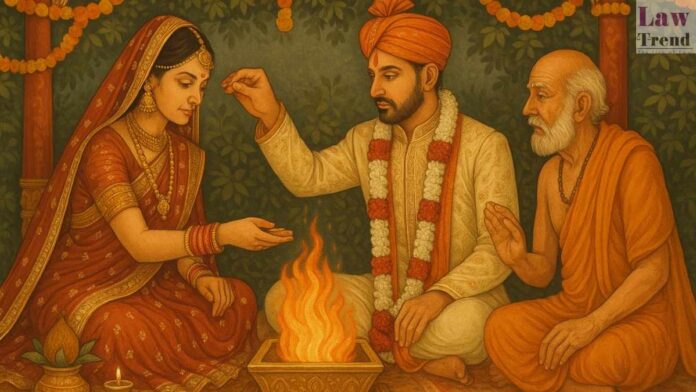The Allahabad High Court, in a significant ruling, has held that trial courts cannot insist on the submission of a marriage registration certificate in a mutual divorce proceeding under the Hindu Marriage Act, 1955, especially when the marriage is unregistered and its existence is admitted by both parties. Justice Manish Kumar Nigam set aside an
To Read More Please Subscribe to VIP Membership for Unlimited Access to All the Articles, Download Available Copies of Judgments/Order, Acess to Central/State Bare Acts, Advertisement Free Content, Access to More than 4000 Legal Drafts( Readymade Editable Formats of Suits, Petitions, Writs, Legal Notices, Divorce Petitions, 138 Notices, Bail Applications etc.) in Hindi and English.




